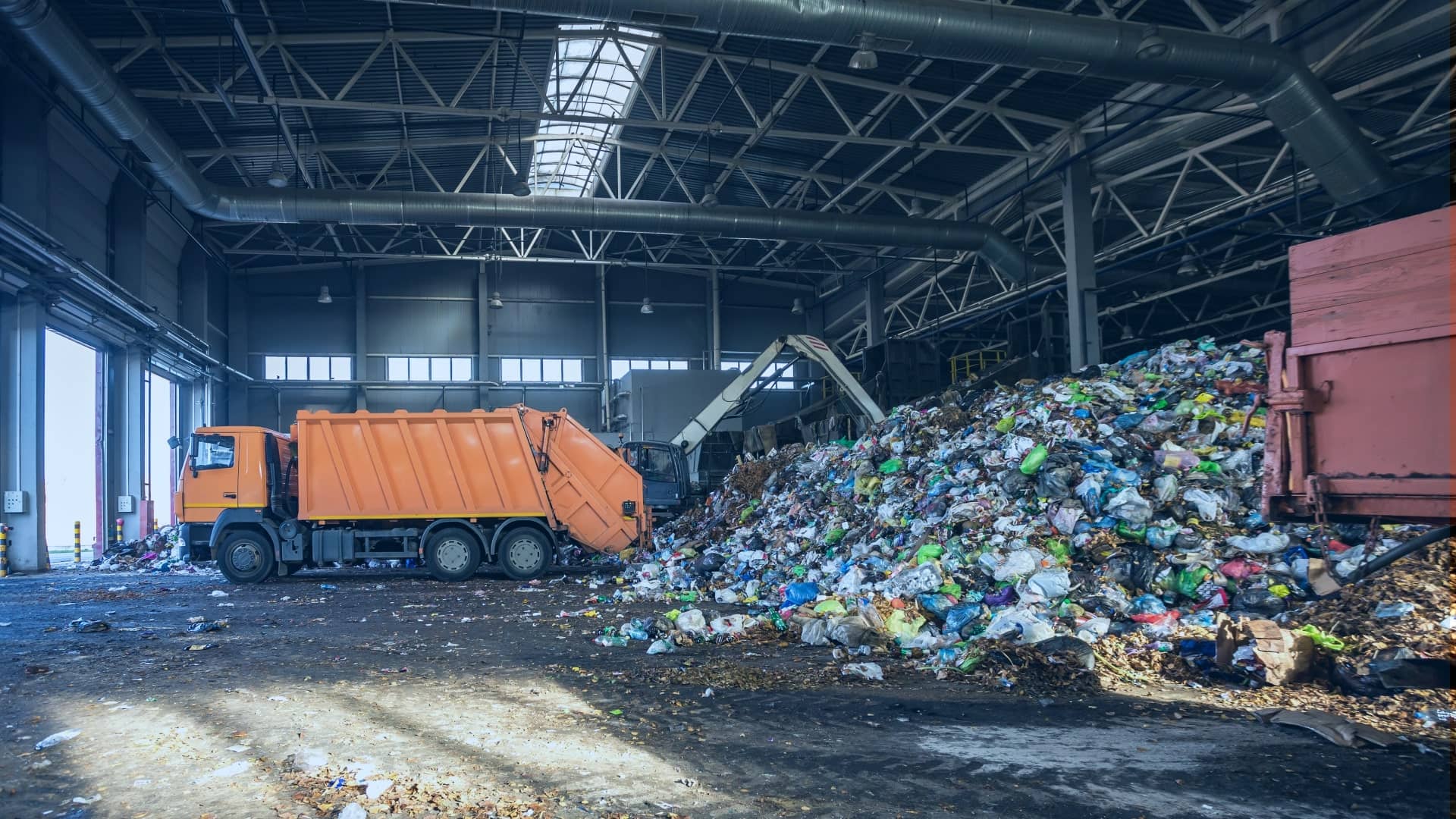More About Reclaim Waste
More About Reclaim Waste
Blog Article
Facts About Reclaim Waste Revealed
Table of ContentsMore About Reclaim WasteThe 3-Minute Rule for Reclaim WasteSome Of Reclaim WasteThe Facts About Reclaim Waste UncoveredThe Single Strategy To Use For Reclaim Waste
Check out the kinds, incidents, and forms of fluid waste. Domestic sewer waste refers to the waste and items from a domestic septic system. This kind of waste is created by human beings in homes, colleges, and other structures. This only includes septic systems that have a drain area. The proper monitoring and disposal of domestic sewer waste require fluid waste to be transferred to a sewage therapy plant where the proper techniques and tools are applied to cleanse and take care of waste.
Business waste typically consists of potential risks, such as combustible products or a mix of liquid and strong waste items, and calls for an advanced and detailed disposal process. The disposal of industrial waste commonly involves the filtration of waste before transport to make certain safe and appropriate disposal. Hazardous waste is developed from results and drainage of commercial processes and manufacturing.
This sort of waste can not make use of the very same sewer administration transport or procedures as septic or industrial fluids. The commercial waste monitoring procedure calls for the inspection and testing of liquid waste prior to it undertakes the disposal procedure (industrial wastewater treatment). Drainage waste is the fluid waste that originates from drainage and excess stormwater in very booming locations or cities
Overflow waste can trigger contamination and flooding if not dealt with correctly. Discover more regarding sewer cleaning and waste management. Ensuring proper waste monitoring can protect against calamities and minimize environmental harm. Both people in property settings and professionals in commercial or manufacturing markets can benefit from recognizing the procedures and laws of liquid waste management.
Unknown Facts About Reclaim Waste
Call PROS Services today to learn more about our waste administration and disposal solutions and the appropriate means to look after the fluid waste you create.
(https://blogfreely.net/reclaimwaste1/yc311a58b1)This supposed 'wastewater' is not just a crucial resource however, after therapy, will be launched to our land, rivers or the ocean. Made use of water from toilets, showers, bathrooms, kitchen sinks, laundries and commercial processes is understood as wastewater.

water made use of to cool equipment or clean plant and devices). Stormwater, a kind of wastewater, is overflow that moves from agricultural and metropolitan locations such as roof coverings, parks, gardens, roadways, courses and rain gutters right into stormwater drains pipes, after rain. Stormwater streams untreated straight to neighborhood creeks or rivers, eventually reaching the sea.
Not known Factual Statements About Reclaim Waste
In Queensland, a lot see this site of wastewater is treated at sewage treatment plants. Wastewater is transferred from domestic or commercial websites with a system of drains and pump stations, known as sewage reticulation, to a sewer treatment plant.
The Division of Natural Resources suggests city governments regarding managing, operating and keeping sewerage systems and treatment plants. In unsewered locations, city governments may require owners to set up private or household sewage therapy systems to treat domestic wastewater from commodes, cooking areas, shower rooms and laundries. The Department of Natural Resources authorises using family systems when they are verified to be effective.
In some new communities, therapy of some stormwater to remove trash, sand and gravel has started utilizing gross pollutant traps. Wastewater therapy takes place in 4 phases: Eliminates strong matter.
Wastewater after that flows into huge tanks where solids clear up and are removed as sludge. Grease and residue are skimmed from the surface. Utilizes little living organisms called micro-organisms to damage down and remove staying liquified wastes and fine bits. Micro-organisms and wastes are included in the sludge. Removes nitrogen and phosphorus nutrients that could trigger algal blossoms in our waterways and endanger water life.
Reclaim Waste Fundamentals Explained
Nutrient elimination is not readily available in all sewer therapy plants due to the fact that it calls for pricey specialized tools. It is coming to be extra usual in Queensland. Clear fluid effluent created after therapy may still include disease-causing micro-organisms. If this effluent is released into rivers such as rivers or the sea, the micro-organisms will at some point pass away out.

This generally suggests wastewater has actually to be treated or contaminants gotten rid of prior to it can be discharged to rivers. A lot of wastewater streams into the sewage system. Under the Act, city governments carry out approvals and permits for ecologically appropriate tasks (Ages) involving wastewater launches that might have a neighborhood effect. The department carries out approvals and licences to Ages involving wastewater launches that might have a local or statewide influence.
Reclaim Waste - Questions
Or else, samples are taken for laboratory analysis. Often numerous examinations are required to develop the degrees of each of the different pollutants such as oils, hefty steels and chemicals in water. Surveillance provides factual info regarding water top quality and can validate that permit problems are being met. The information obtained with tracking supplies the basis for making water high quality choices.
Report this page